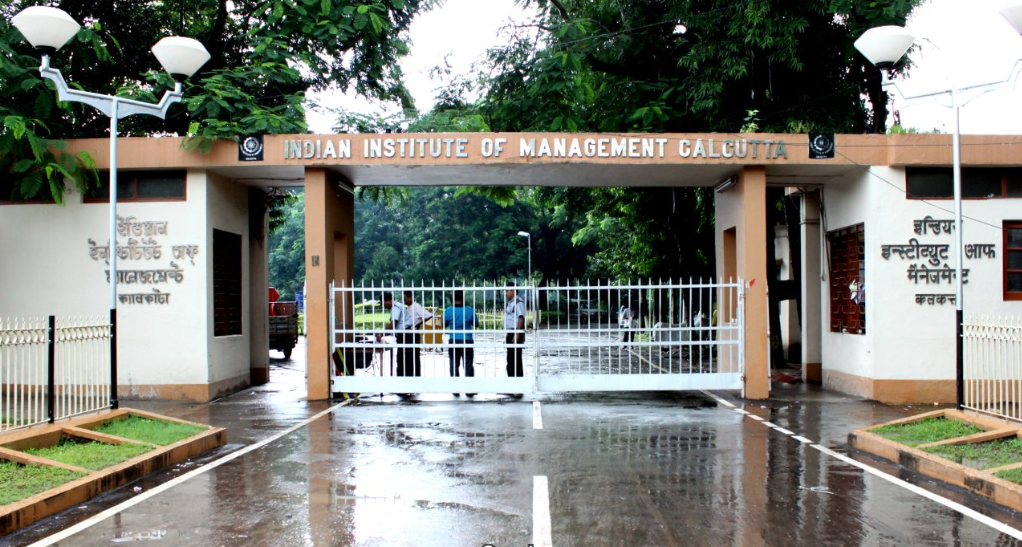The government has given final nod to implement the rules of IIM Act, 2017 to govern the Indian Institute of Management (IIMs). After the notification which is expected to come by the end of this month, the premier business institutes will get unambiguous autonomy. The IIM Act, 2017 was approved by the cabinet and passed in both houses of the parliament in the previous year. This act declared the IIMs as institutes of national importance and gave them unprecedented autonomy for governing themselves. The Act got the presidential nod at the beginning of 2018 but there were some concerns on the part of newer IIMs which seek more governmental intervention due to lack of effective infrastructure. There have been months of debate between Ministry of Human Resource Development (HRD) and the Prime Minister’s Office (PMO) on various issues.
The institutes will follow the complete autonomy model and the government will stay away from selection and removal of the chairperson and director, fee regulation, student intake, institute expansion and any other overriding powers that the HRD ministry has mostly retained over other institutes. The Board of Governors (BoG) will take all important decisions related to the functioning of the institutes including the appointment or removal of chairpersons and directors. The IIM act mandates a leaner administrative body consisting not more than 15 members BoG for speedy decision making.
The implementation of the new act will make many fundamental changes in the functioning of IIMs. Now, these institutes will be able to distribute degrees in accordance with UGC act, previously these institutes were distributing diplomas due to their non-university status. The account of IIMs will be audited by Comptroller & Auditor General of India (CAG), under the parliament’s scrutiny and periodic review of institutes will be done by independent bodies. An academic council will be constituted to take care of all academic related matters. There are 20 IIMs in the country with the oldest institutes being established in the 1960s and the newest one in 2016. So a coordination forum will be constituted, members of which will include chairpersons of IIMs, Director of IIMs, some people from academia and public service and government secretary. The forum will look after cooperation between the older institutes and the newer ones to help the new institutes in establishing academic infrastructure.
The IIMs are the finest management institutes in the country but they still do not appear in the top 100 in world universities rankings which means a lot needs to be done. The institutes have a lot of government interference which often becomes a hindrance in corporate funding of projects. The institutes need to be independent for greater industry-academia cooperation, necessary requisite for any management institute. There is also a need for diversification of disciplines and to introduce new courses in merging technological and managerial areas. The IIMs could make a place in global universities ranking when they will teach more courses in fields in other than core management. Some institutes like IIM-Ahmadabad had done excellent work in other related fields like public policy and economics but other institutes also need to follow the path. To bring all these fundamental changes and quick decision making, the autonomy is necessary. A major fatigue in the functioning of IIMs which autonomy will address is the quick response to feedbacks. The current management could not respond swiftly to feedbacks due to required government approval which as usual takes a lot of time. So autonomy will take the IIMs in 21st-century managerial style.
